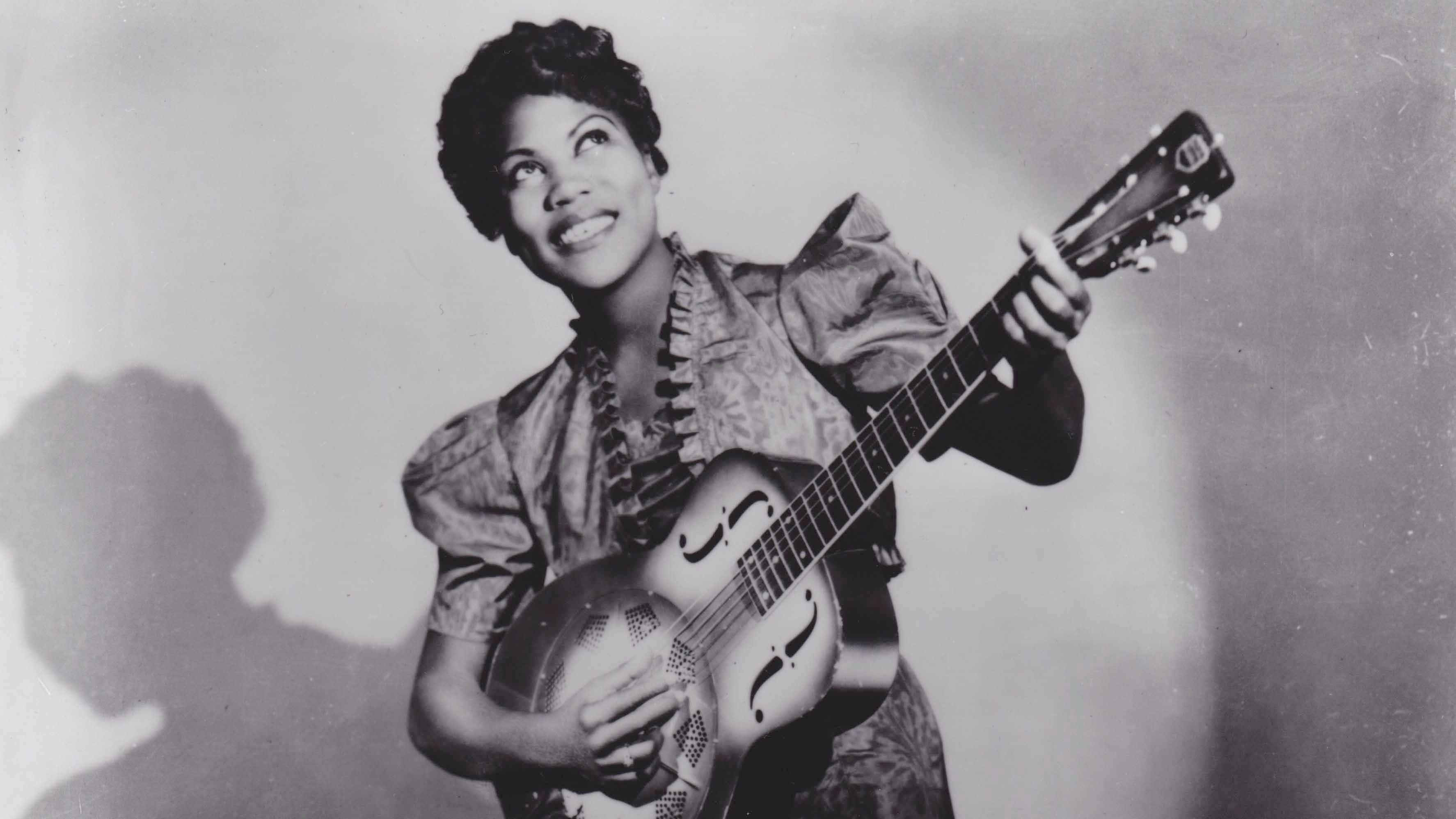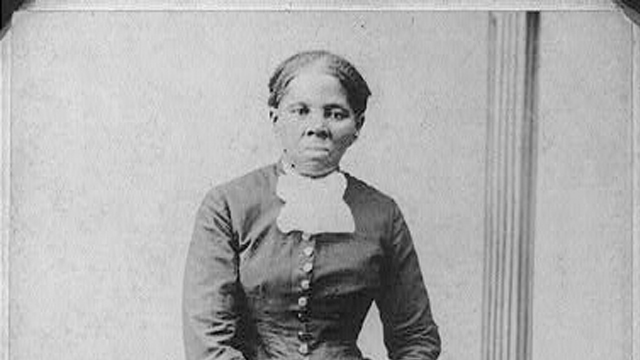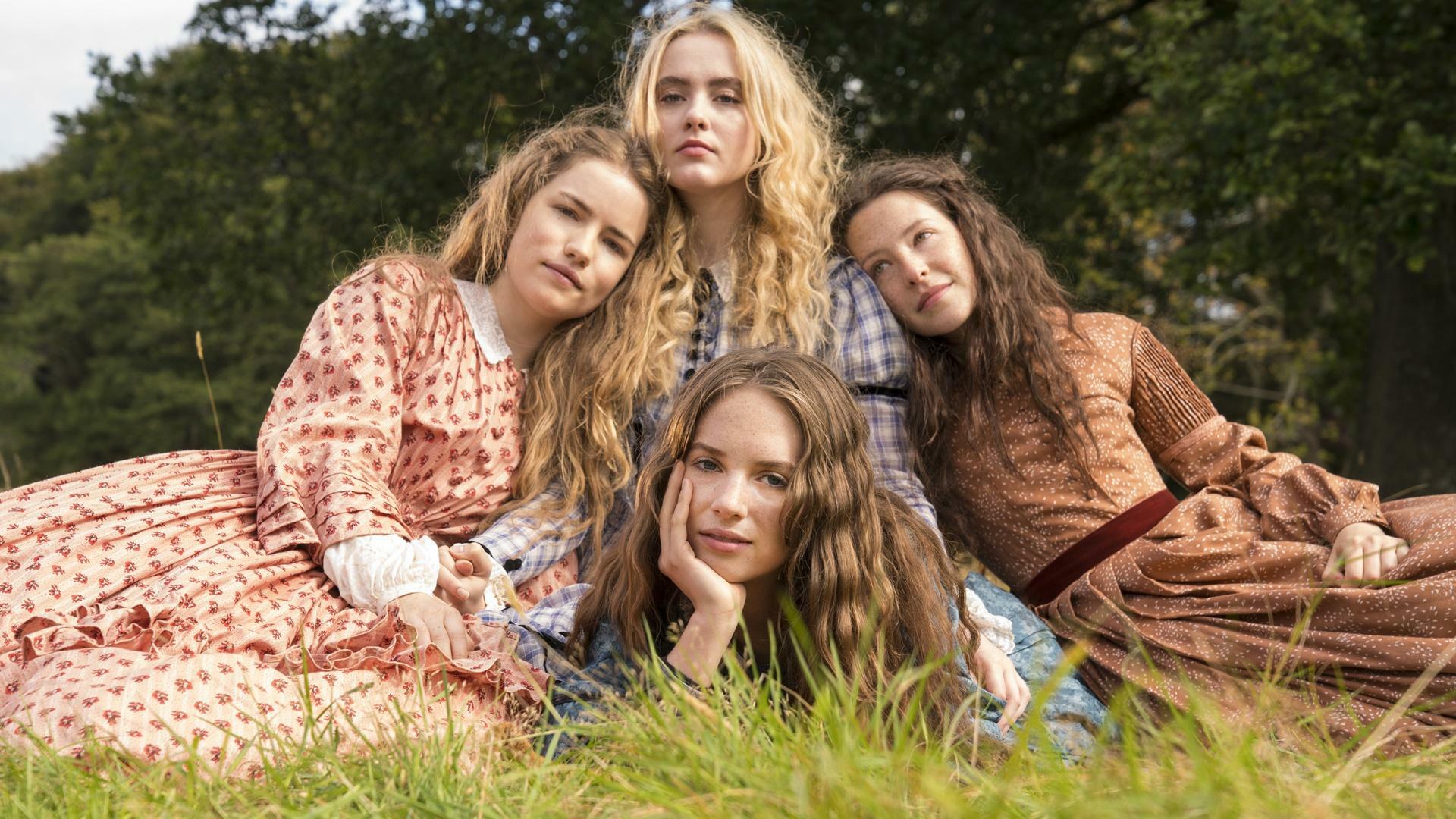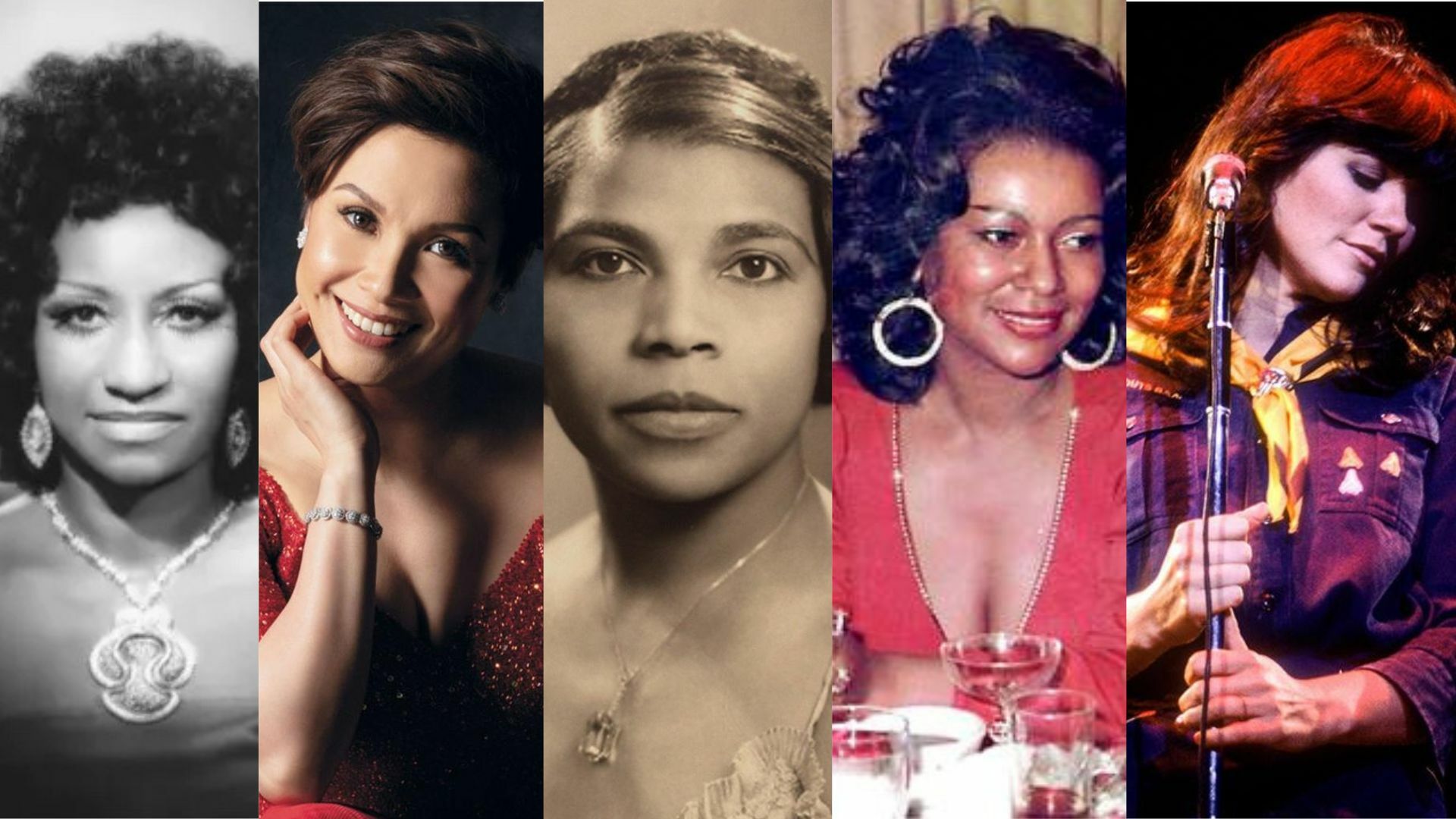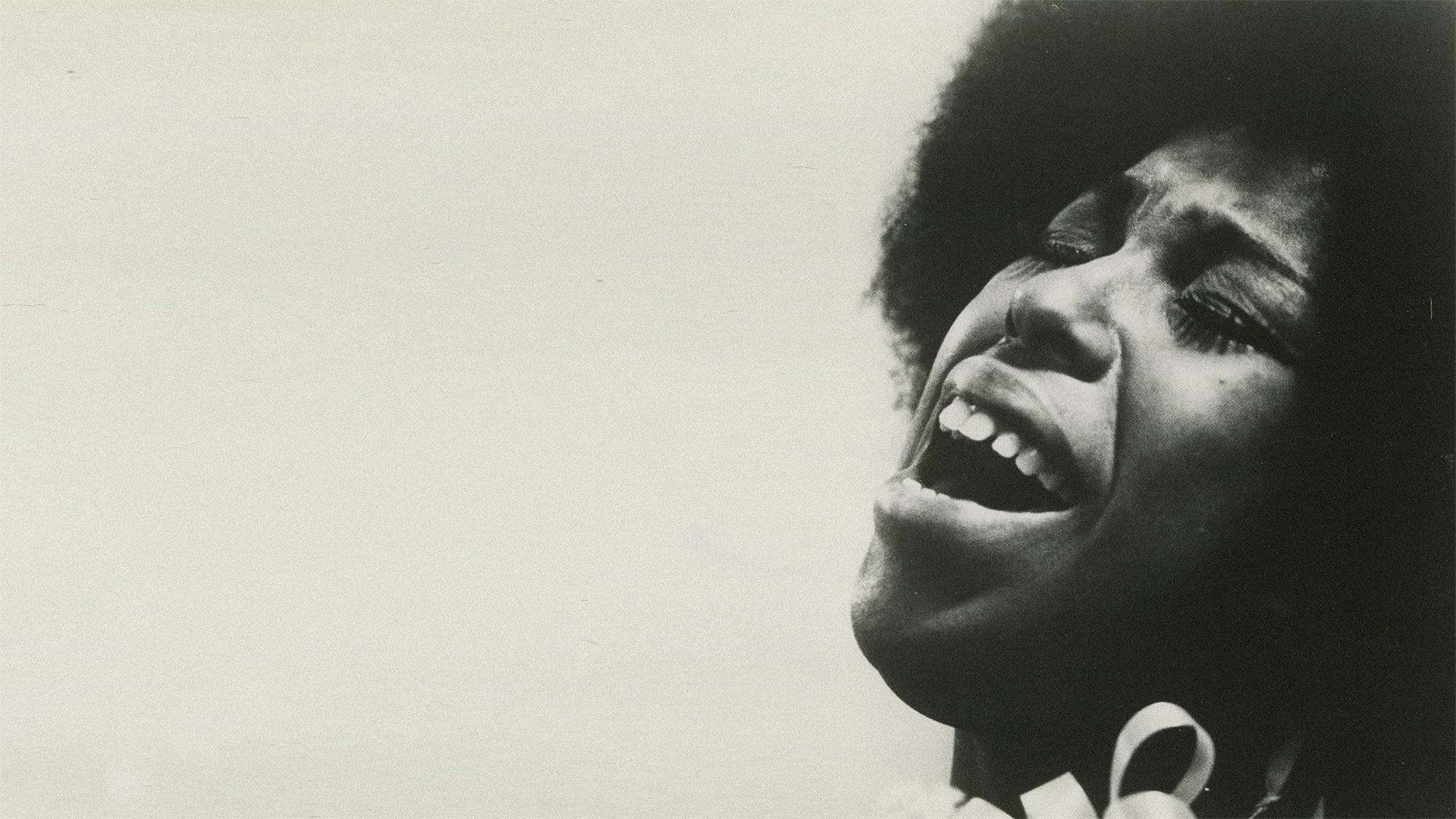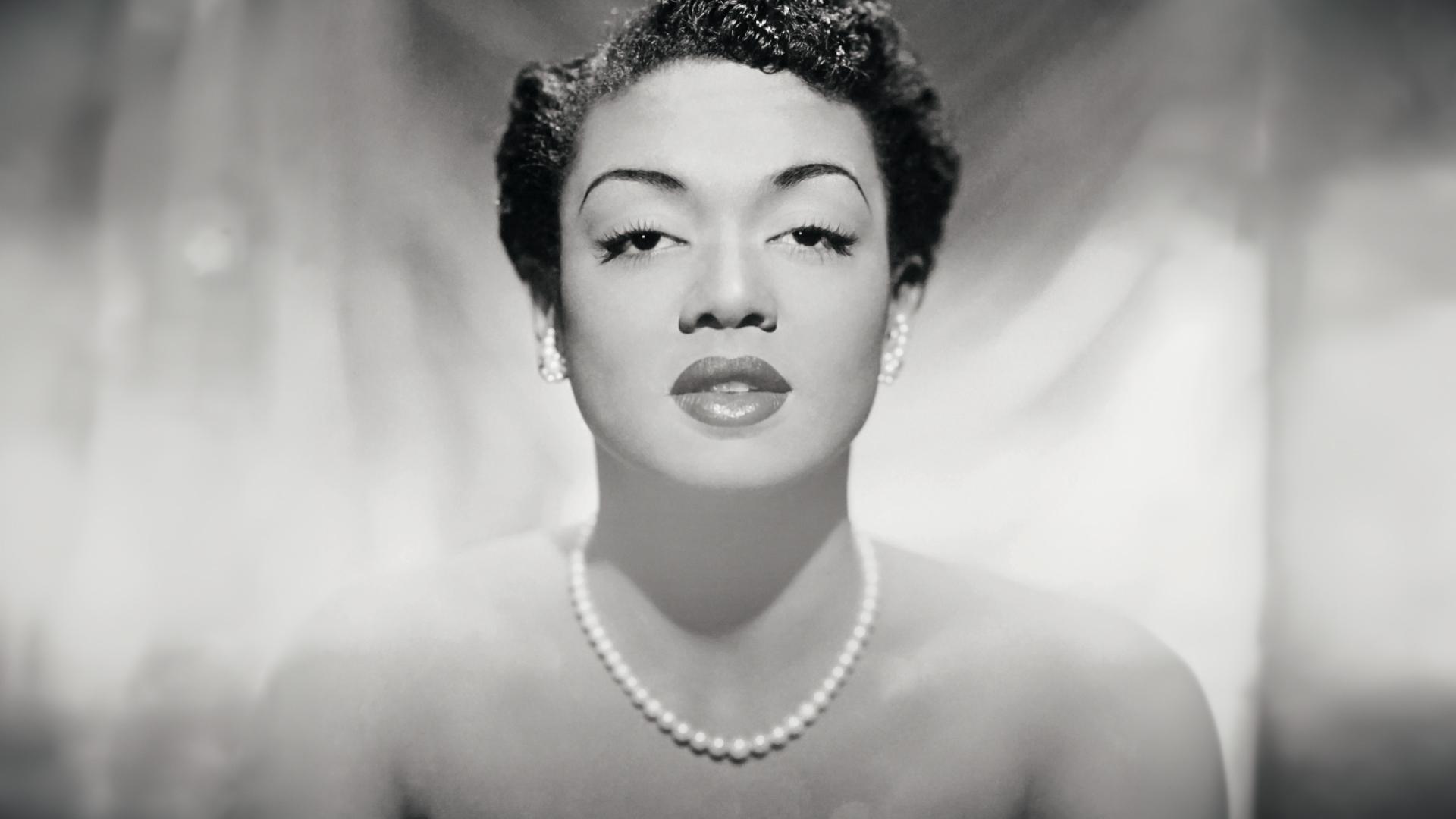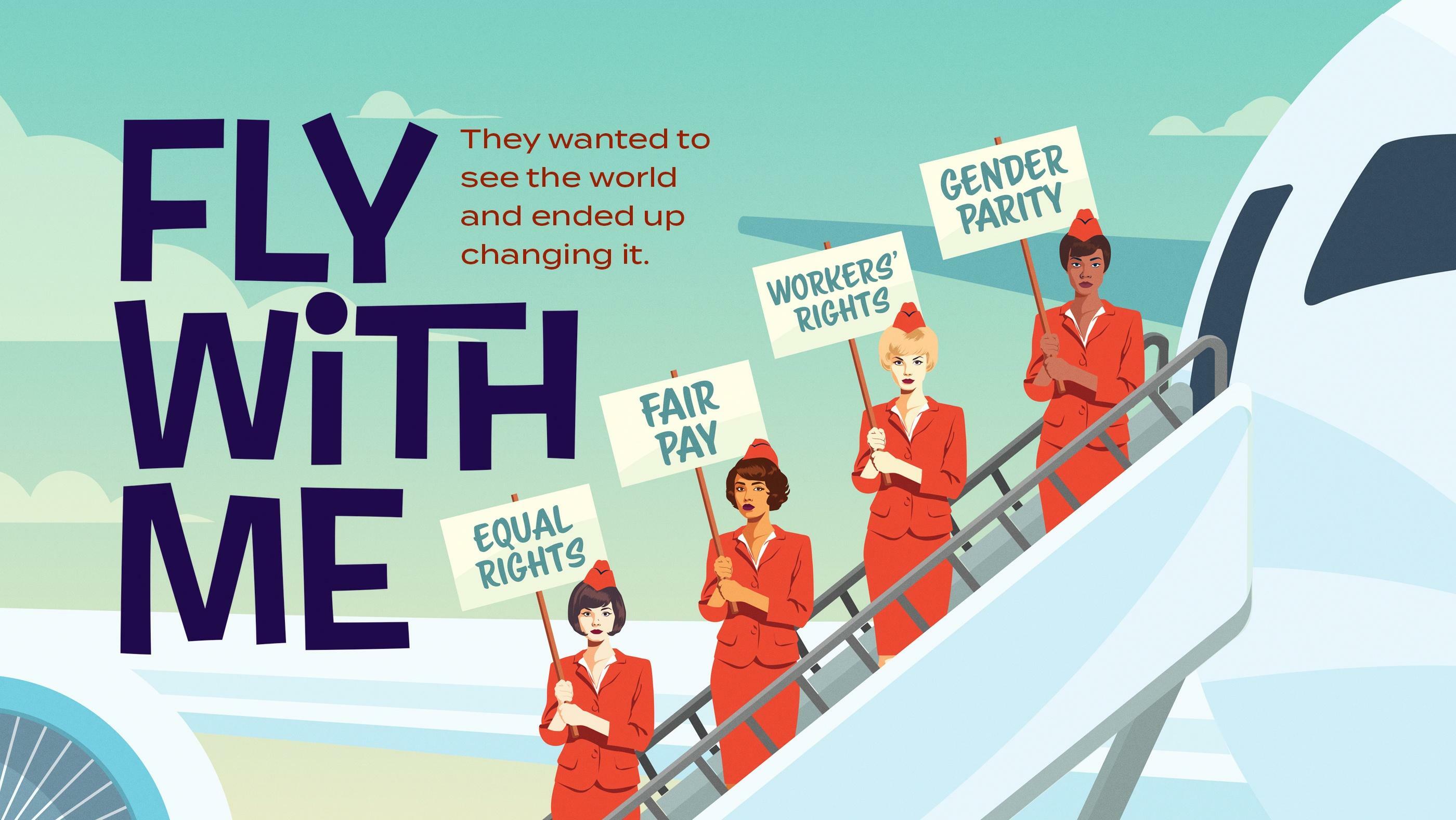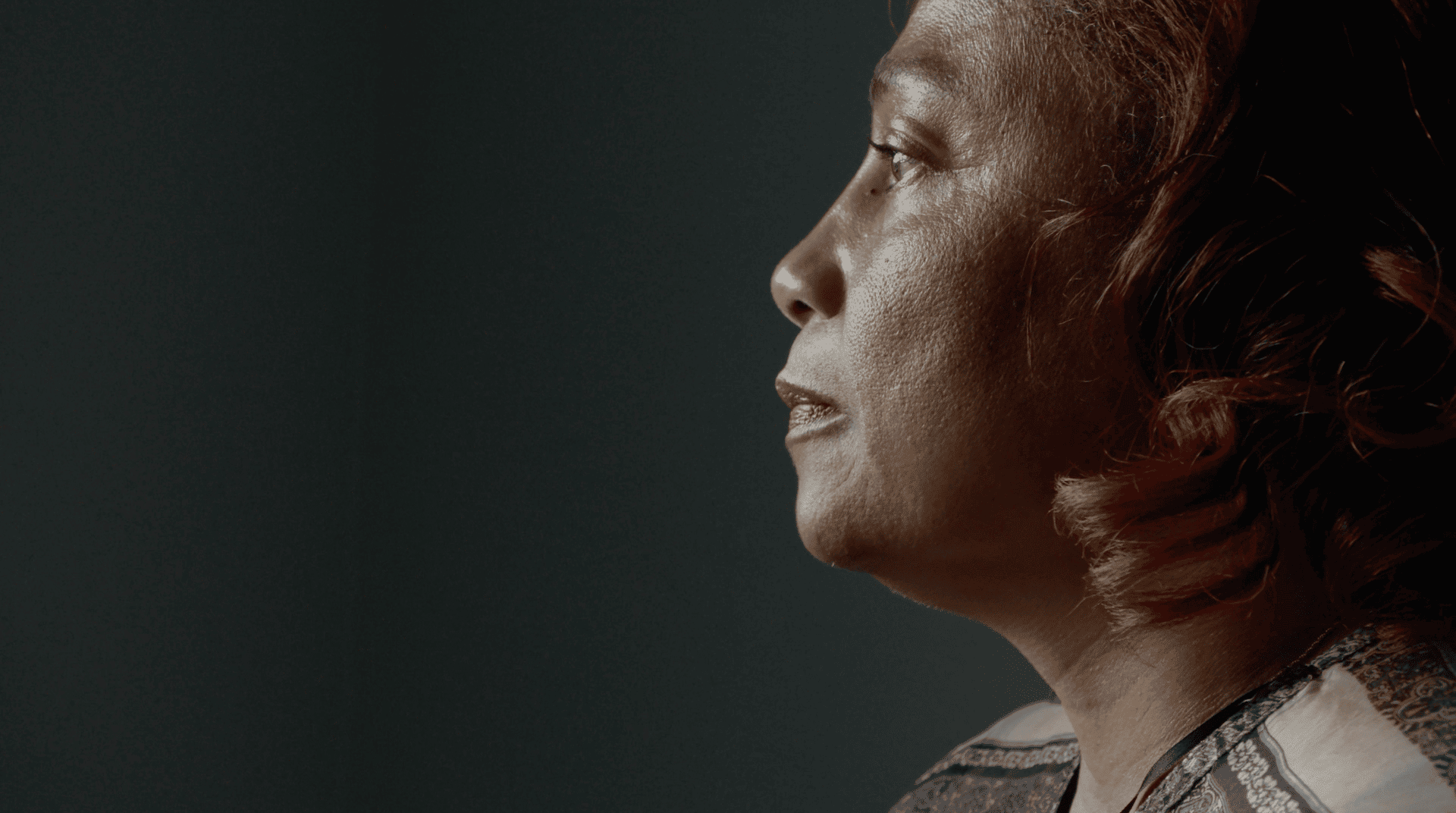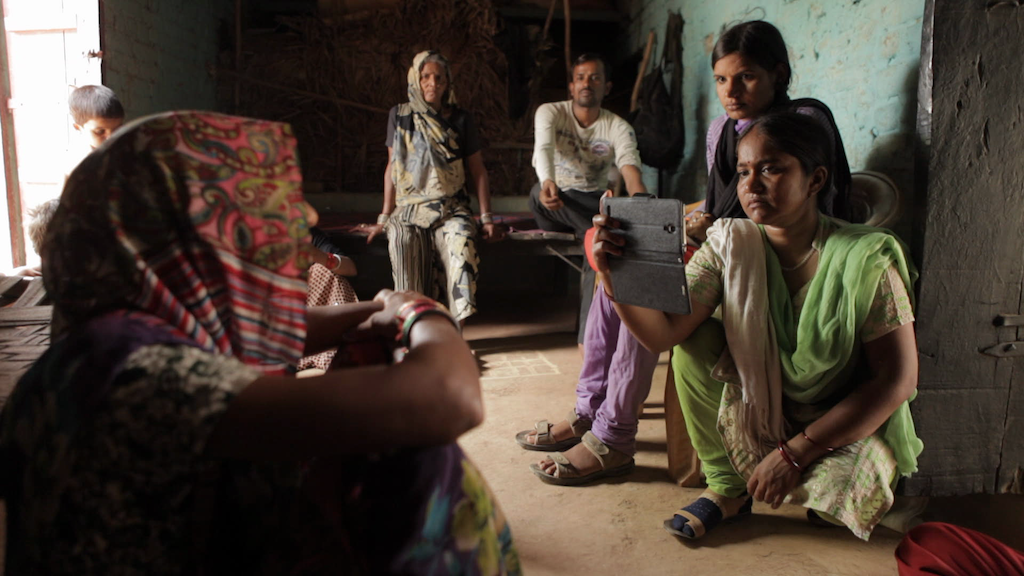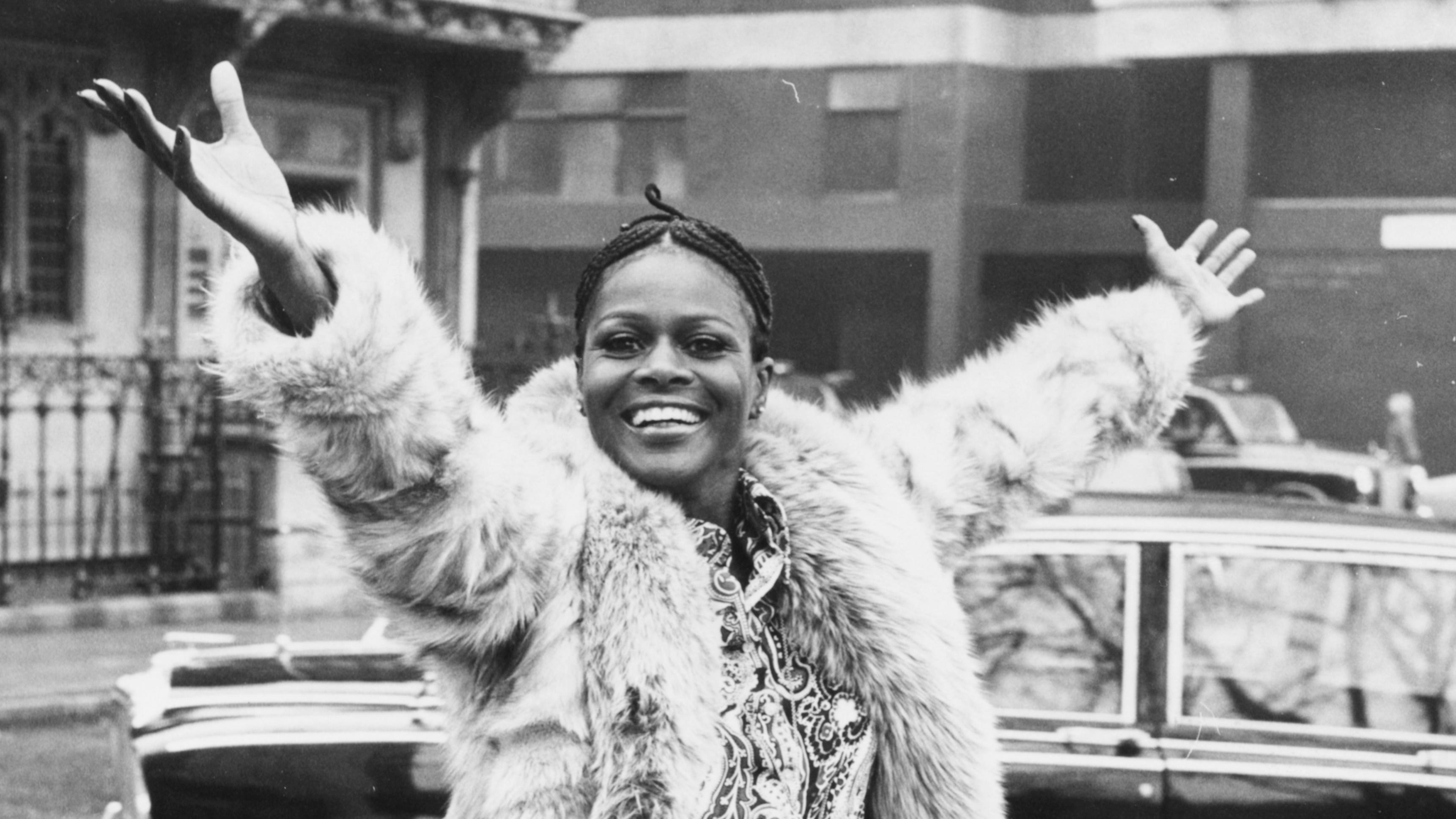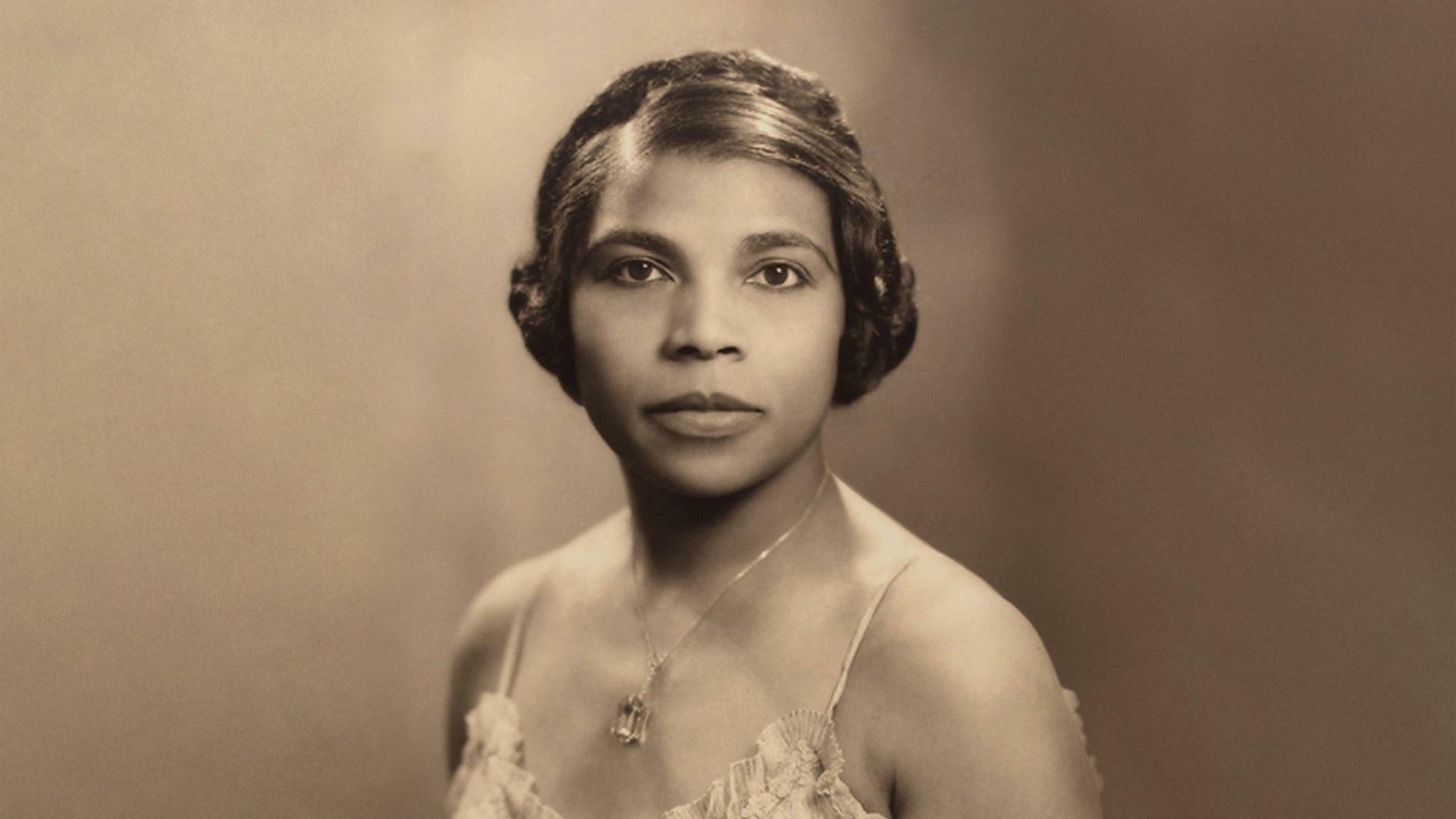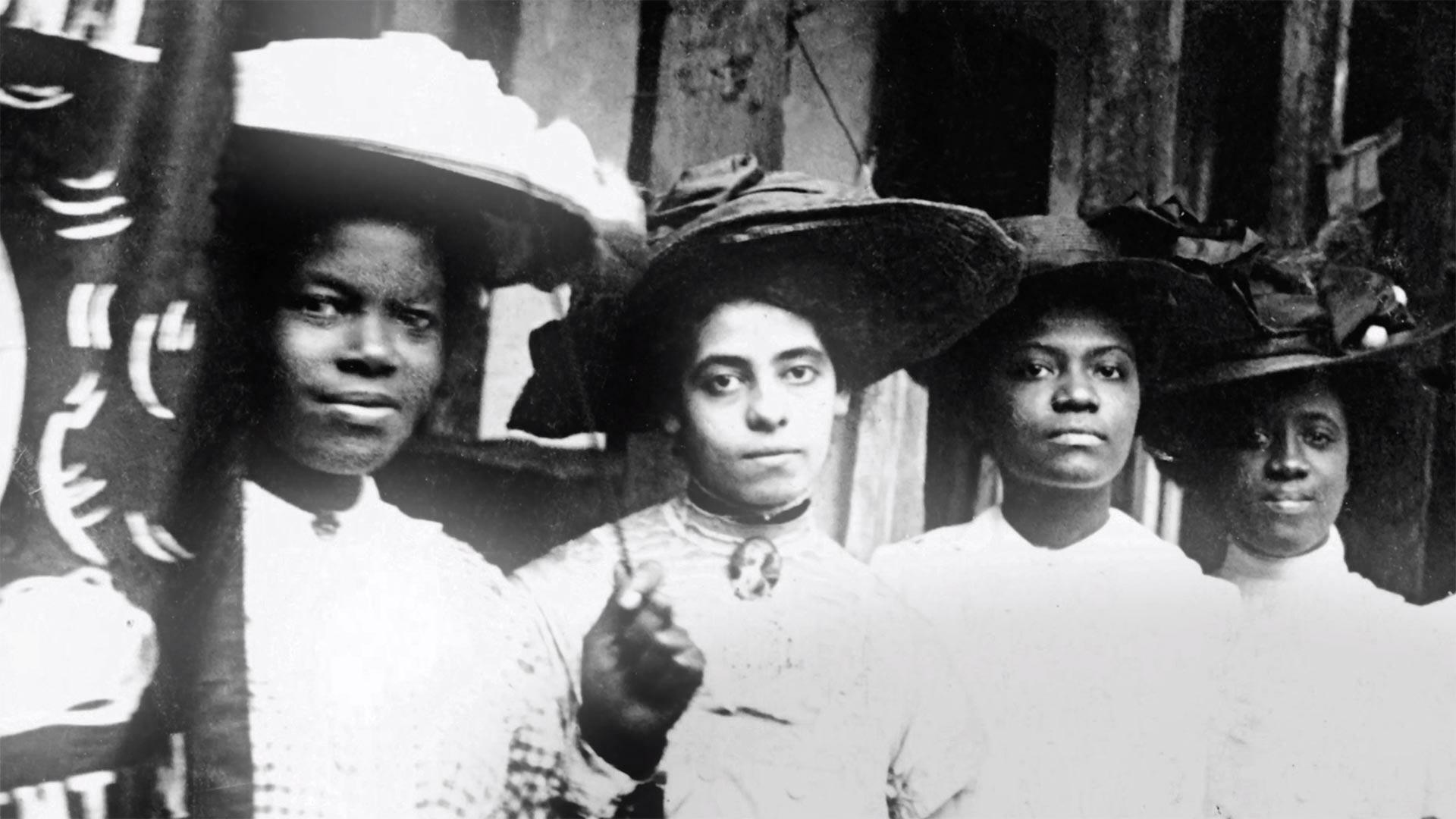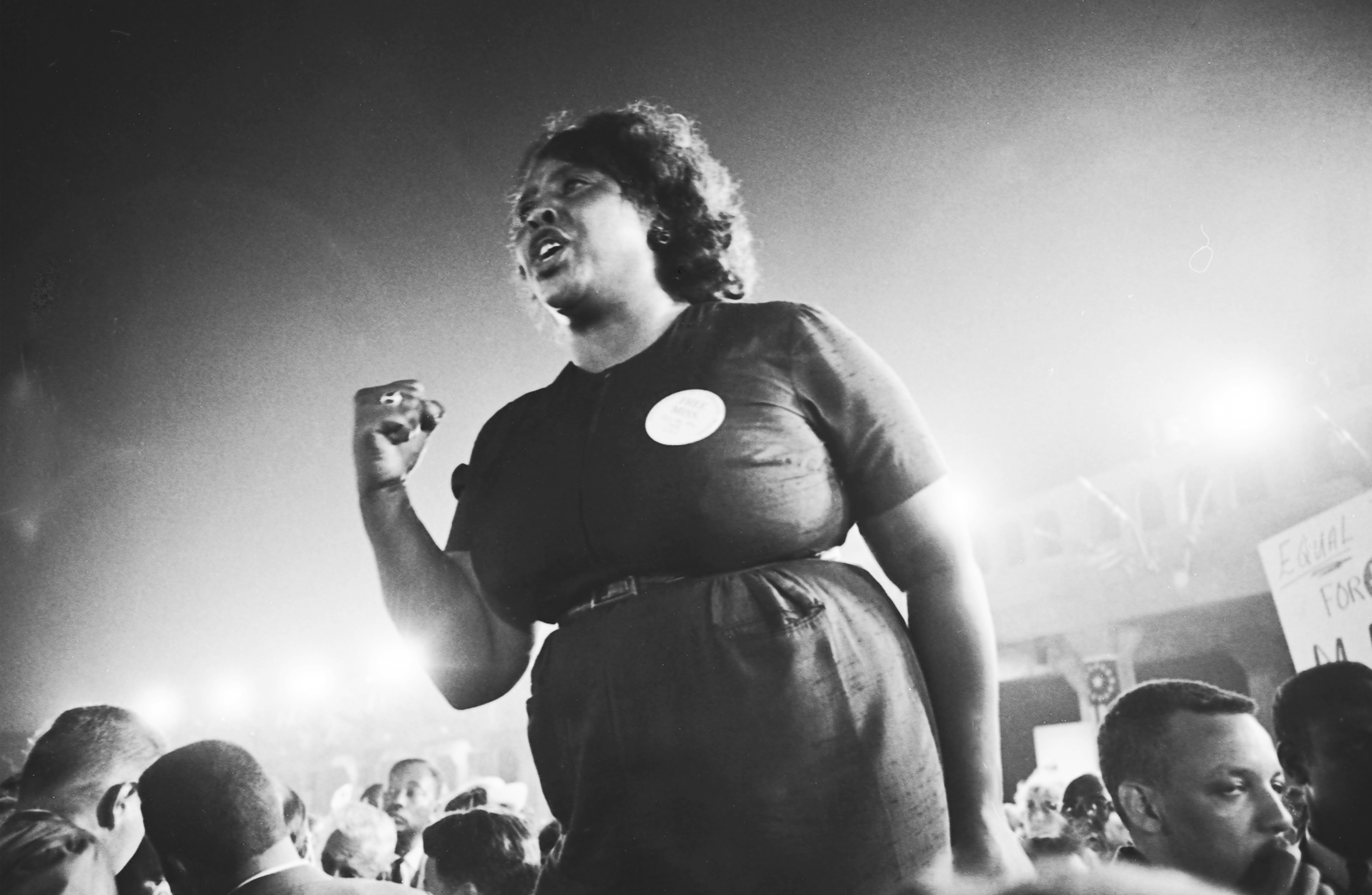What to Watch | Women's History Month
Celebrate Women's History Month by exploring pivotal points in history and learning more about women who made history and those continuing to do so. This March, we salute women who have changed lives with documentaries about and by women, their achievements, their artistry, and their struggles.
Editor's Note: This page provides information about a variety of PBS shows and documentaries you can watch. It is being updated regularly, as new programs become available or are no longer available to stream on PBS.org or the PBS App.
Why is Women's History Month in March?
Women's History Month began as National Women's History Week, a local celebration in Santa Rosa, California. Organizers chose to start on March 8: International Women’s Day. A consortium of women's groups then petitioned Congress and the White House in support of a national Women's History Week. In 1980, President Jimmy Carter designated the first National Women's History Week by Presidential Proclamation. Again, the week of March 8 - 12, 1980 was chosen to coincide with International Women's Day on March 8. The following year Congress authorized Women's History Week to begin the week of March 7. Congress continued to pass resolutions designating Women's History Week for five more years, until 1987, when they established all of March would be celebrated as Women's History Month.
Documentary Spotlight
Jacqueline DuPré: Genius and Tragedy
Introduced and narrated by grammy-winning cellist Yo-Yo Ma, "Jacqueline du Pré: Genius and Tragedy," tells the story Jacqueline du Pré and her enigmatic genius, one of the greatest cellists of all time.
The film premieres on March 28, but Passport members can stream it now.
More Women's History Month Documentaries You Can Stream
Stream these documentaries that profile amazing women from all walks of life, who have bettered the lives of their communities and beyond.

The best of PBS, straight to your inbox.
Be the first to know about what to watch, exclusive previews, and updates from PBS.
Spotlight on Women Who Made Music History
Linda Ronstadt
Linda Ronstadt has changed lives. It's a fact, it's not up for debate. When she released her mariachi album "Canciones de Mi Padre" in 1987, Ronstadt had already dominated the rock scene, the country scene, and the all the good-music-worth-listening-to scene. She demonstrated how someone could show all the different parts of themselves with pride when she put her Mexican heritage on display and recorded the Spanish-language mariachi album. If she was ever considered a mere pop singer, her ear for good songs in across rock, pop, country, and folk dispelled that notion. Her ability to move in and out of genres, to work with the best artists in the business, to pour lyrics directly into our hearts when she sang, and to insist on making music that represented all of her culture is why we love her. Oh, and that album of traditional Mexican songs, "Canciones de Mi Padre," went double platinum, selling over 2.5 million copies and won a Grammy Award. It remains the top selling non-English language album in U.S. history. We love Linda Ronstadt.
And for those of us of a certain age, we remember watching the Great Performances special she recorded for "Canciones de Mi Padre." We couldn't all go see her perform live in full mariachi charro dress but PBS brought the stunning show to us and hearts filled with awe and pride. The love she gave with that album lives on.
In this 2020 tribute concert from Southland Sessions, Ronstadt's hits are sung by artists she influenced, including La Marisoul and Aida Cuevas.
8 Short Films About History-Making Women
Watch these eight short films about incredible women who made remarkable changes in their fields and communities. Stream these and more from American Masters.
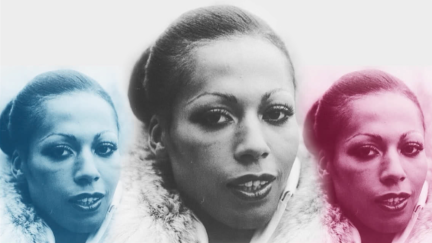
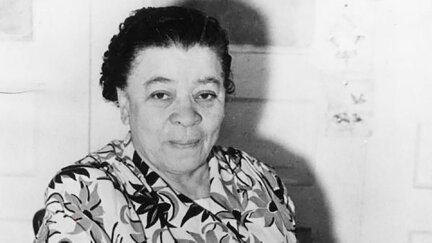
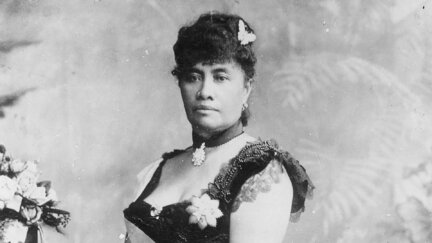
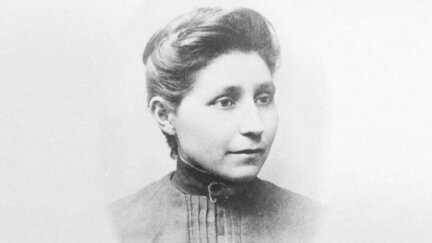
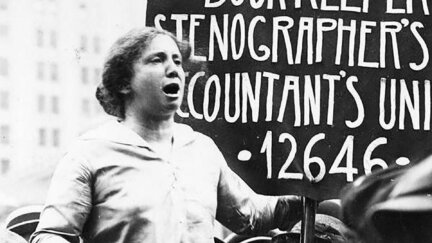
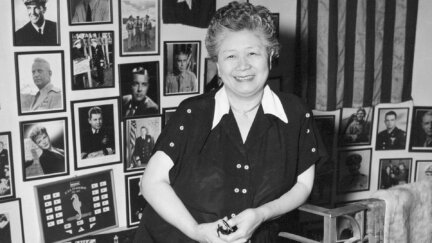
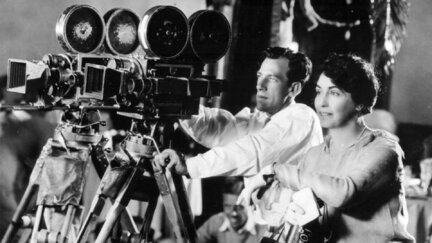
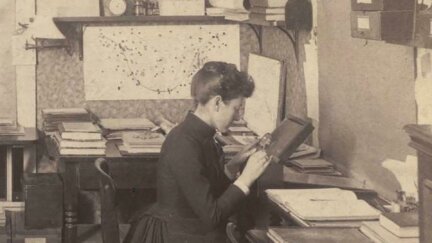
- 1
- 2
- Next
The Fight for Women's Voting Rights
The passage of the 19th Amendment on June 4, 1919, and subsequent ratification on August 18, 1920, marked a difficult and decades long movement to grant women right to vote. And still, that essential right to vote was kept from women of color even after the 19th Amendment became the law of the land. These documentaries shine a light on the women who dedicated their lives to cause of women's suffrage. Hear stories about Elizabeth Cady Stanton, Alice Paul, Ida B. Wells, Fannie Lou Hamer, and so many more brave women who continued to raise their voices for equality.
6 Surprising Facts About the 19th Amendment
Harriet Tubman: Visions of Freedom
Go beyond the legend and meet the inspiring woman who repeatedly risked her own life and freedom to liberate others from slavery. Born 200 years ago in Maryland, Harriet Tubman was a conductor of the Underground Railroad, a Civil War scout, nurse and spy, and one of the greatest freedom fighters in our nation’s history.
Support your local PBS station in our mission to inspire, enrich, and educate.
More articles to explore for Women's History Month
